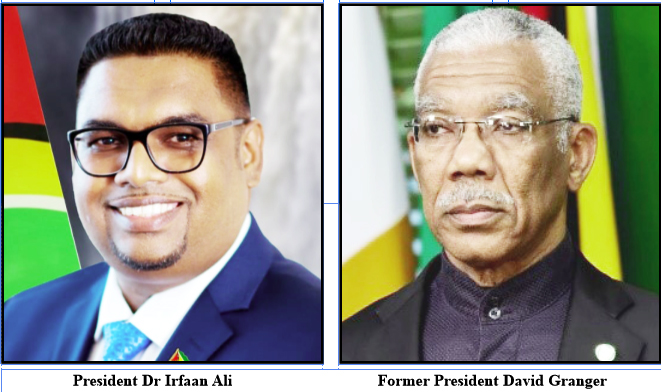Scott B. MacDonald August 5, 2021 Global Americans Contributor
These words were spoken by Eric Williams on his first day as prime minister of the newly independent Trinidad and Tobago. While his comments were made several decades ago, they retain relevance in today’s world. The Caribbean has long enjoyed a reputation for being one of the most democratic regions in the world. The 20-odd countries and territories that stretch from the Bahamas to Guyana and Suriname have a generally strong track record of regular elections, political stability and a lack of politically motivated violence. (The notable exceptions to such trends are Cuba, where the Castroite regime is currently being shaken by widespread protests against the government; and Haiti, where President Jovenel Moïse was brutally assassinated last month, further plunging the country’s future into uncertainty.)
Despite the Caribbean’s seeming confidence in the ballot, Caribbean countries nevertheless face considerable challenges in keeping their democracies alive. As Williams and a long stream of Caribbean leaders came to understand, elections alone do not make a democracy; there are many other factors that must be taken into consideration in order to ensure good governance. For much of the Caribbean, herein lies the challenge. Holding elections is the easy part; upholding the rule of law, civil liberties, freedom of the press, gender equality, and government transparency are challenges—and without them, there is no foundation for democratic governance. Indeed, as Williams stated in the same address, “Democracy means responsibility of government to its citizens, the protection of the citizens from the exercise of arbitrary power and the violation of human rights and individual rights.”

